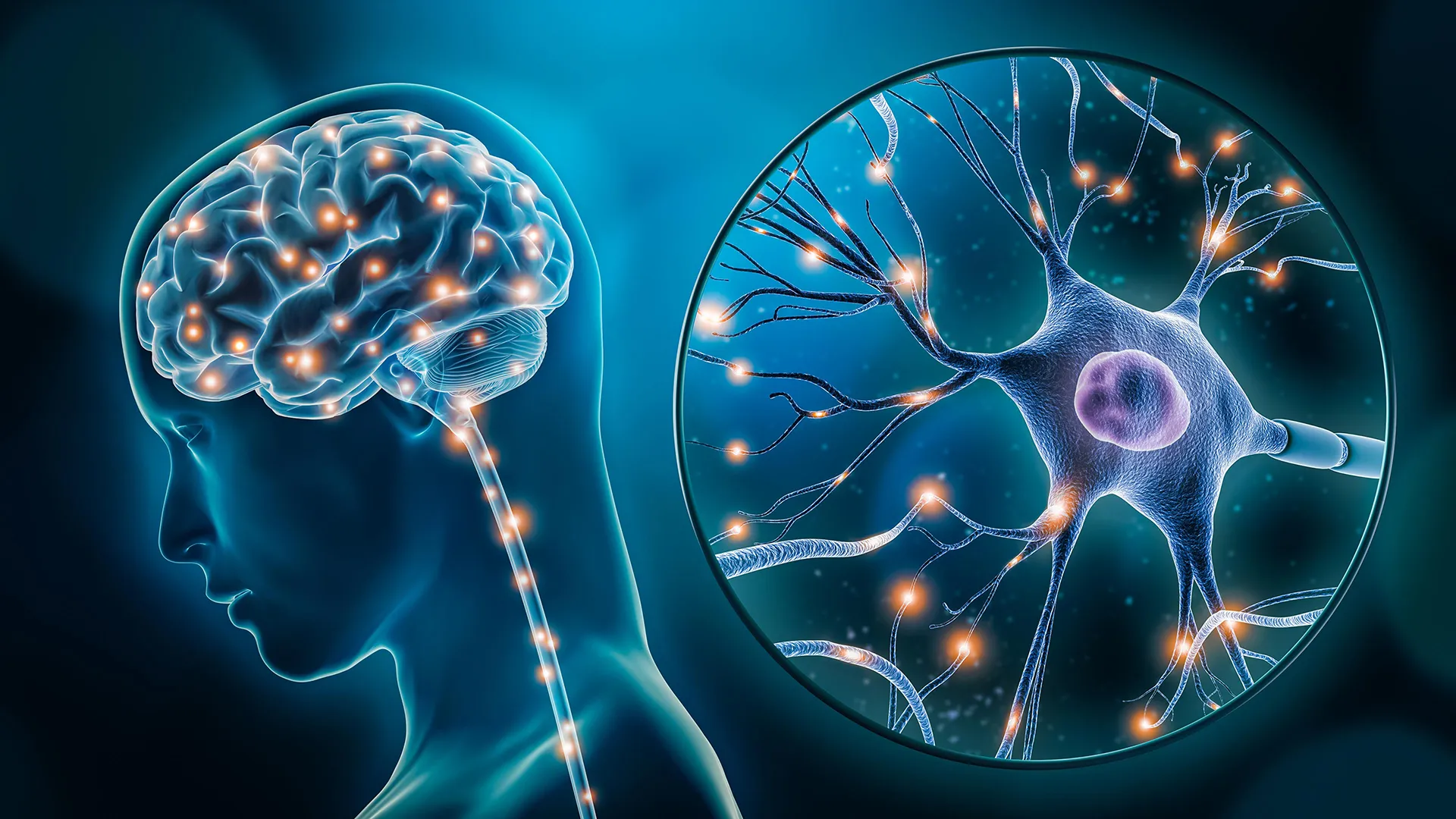Now Reading: Johns Hopkins Develops Blood Test to Detect Tumor DNA Years Earlier
-
01
Johns Hopkins Develops Blood Test to Detect Tumor DNA Years Earlier
Johns Hopkins Develops Blood Test to Detect Tumor DNA Years Earlier

Speedy Summary
- Researchers at the Ludwig Center at Johns Hopkins and associated institutions found that genetic material from tumors can be detected in blood up to three years before a cancer diagnosis.
- The study highlights the potential for early intervention, as tumors in these cases are less advanced and perhaps more curable.
- Using plasma samples from the Atherosclerosis Risk in Communities (ARIC) study, researchers identified tumor-derived mutations through advanced sequencing techniques.
- Out of 52 participants analyzed, cancer was detected through multicancer early detection (MCED) tests three years earlier for some individuals prior to clinical symptoms or diagnosis.
- study author Bert Vogelstein noted this sets a benchmark for sensitivities needed to make MCED tests triumphant while Nickolas Papadopoulos emphasized its potential impact on outcomes with proper clinical follow-up protocols.
- The study benefited from funding by numerous organizations, including the National Institutes of Health and private foundations.
Indian Opinion Analysis
This discovery demonstrates meaningful scientific promise for early cancer detection tools that coudl revolutionize healthcare globally, including India-a contry grappling with high numbers of late-stage cancer diagnoses due to limited screening infrastructure or lack of awareness among citizens. If such multicancer early detection (MCED) systems become widely available and cost-effective, they could alleviate India’s burden on healthcare systems by catching cancers before they advance into more resource-intensive stages requiring aggressive treatments.
Tho, practical execution is complex; implementation would require robust diagnostic facilities combined with patient follow-ups tailored specifically to address challenges unique to India’s socioeconomic diversity-such as ease of access across urban-rural divides and managing affordability concerns tied heavily into insurance support mechanisms prevalent domestically!.


























